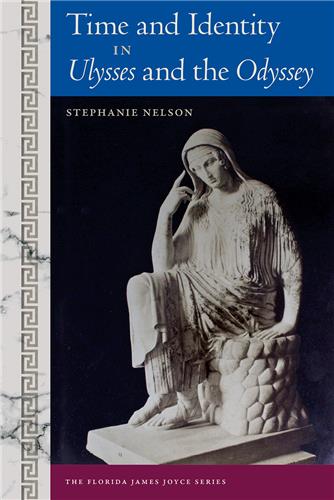Modernist Cultural Studies
Catherine Driscoll
Paper: $29.95
For many scholars, cultural studies is viewed as a product of postmodern criticism and as the antithesis of modernism. In this brilliant work, Catherine Driscoll argues persuasively that we must view what we call cultural studies as a direct continuation of the innovations and concerns of modernism and the modernists.
In making her case, Driscoll provides a fresh take on arguments--some seemingly unresolvable--that pivot on modernism's desire for novelty. Defining modernity as a critical attitude rather than a time period, she describes the many things these ostensibly different fields of inquiry have in common and reveals why cultural studies must be viewed as a fundamentally modernist project.
Casting a wide net across the shared interests of modernism and cultural studies, including cinema, fiction, fashion, art, and popular music, Driscoll explores such themes as love and work, adolescence and everyday life, the significance of the everyday, the popular as a field of power, and the importance of representation to identity and experience in modernity.
Catherine Driscoll is chair of gender and cultural studies at the University of Sydney.
No Sample Chapter Available
"Driscoll's excellent book Modernist Cultural Studies proceeds from two essential observations. First, cultural studies has done much to help enlarge, diversify, and particularize the study of modernism. Second, a stranger but equally pertinent point, modernism is a vanishing mediator in the historical development of cultural studies."
"Provides a superb example of the ways cultural studies practices and preoccupations have invigorated modernist studies."
--Clio: A Journal of Literature, History, and the Philosophy of History, vol.39 No.3
"Works to pluralise modernity ‘from the inside’...the chapters are constellations of disparate material that offer vivid and disquieting images of modernity."
--New Formations












